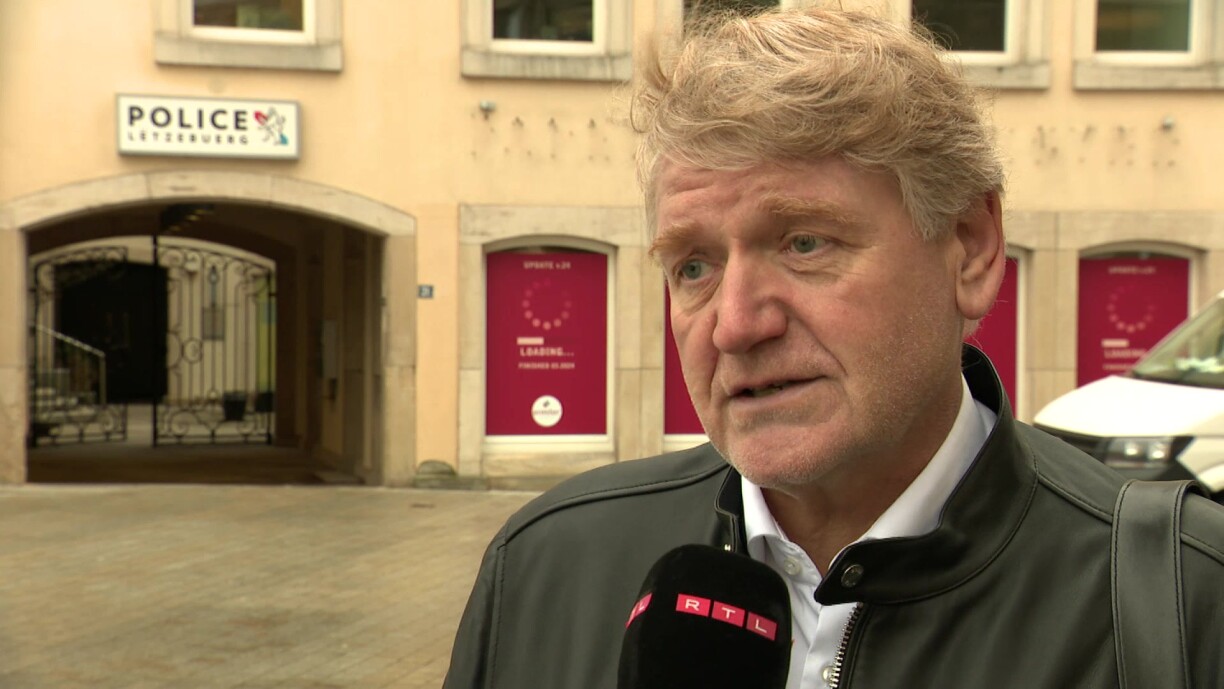
“I broke Luxembourg City’s police regulations,” says Kmiotek, who, on 29 January, amidst a protest against the begging ban, approached individuals asking them for money. In other words: He begged. Now, he seeks clarification: Is this act punishable by law or not?
In a bid to resolve any ambiguity, Kmiotek went to the police and told them what he had done. The officer on duty pointed out that next to the relevant article in the Criminal Code was the word abrogé (“repealed”) and asked Kmiotek if he knew what that word meant. “I said yes, it means repealed,” Kmiotek recounts. But, after all, “there are legal experts who claim that the opposite is true.”
Kmiotek insisted on filing a complaint in spite of everything. On Tuesday morning, Kmiotek went to the capital’s police station to formalise his complaint. A detailed report was compiled, documenting the circumstances of his begging, including frequency, motives, and witnesses. Subsequently, the witnesses will be interviewed, and the report will be forwarded to the public prosecutor’s office.
The ball now rests in the court of the public prosecutor’s office, which will determine the course of action. Depending on their decision, the case may either be closed or proceed to trial. If legal action ensues, the matter will first be adjudicated in the police tribunal, empowered to levy fines for such offences. Should there be an appeal, the case will be escalated to the district court. There, under specific conditions, judges may opt to refer a preliminary question to the Constitutional Court, potentially scrutinising the legality of Luxembourg City’s begging ban in relation to national law or the Constitution.
It would not be the first time that the courts would rule on this question. Georges Oswald, the public prosecutor for the district of Luxembourg City, underscored the legal stance on the matter in an interview with RTL Radio in mid-January, asserting, “There are several second-instance decisions that have confirmed that [the offence of] simple begging has been abolished. No matter what others out there are saying. And we respect these courts.” The public prosecutor’s office will proceed to gather the reports compiled under article 42 of the capital’s municipal regulations. Subsequently, individuals implicated will be summoned to appear before the police tribunal, as stated by the judiciary’s press service.
Christian Kmiotek stressed that he reported himself on behalf of beggars in order to obtain a definitive ruling to dispel the prevailing ambiguities surrounding the begging ban. Framing his action in the context of upholding human rights and the rule of law, Kmiotek asserts that failure to address these concerns would signify that simple begging is not prohibited in the capital and that it constitutes “a human right on which judicial decisions have already been handed down.”
Full report by RTL Télé (in Luxembourgish)